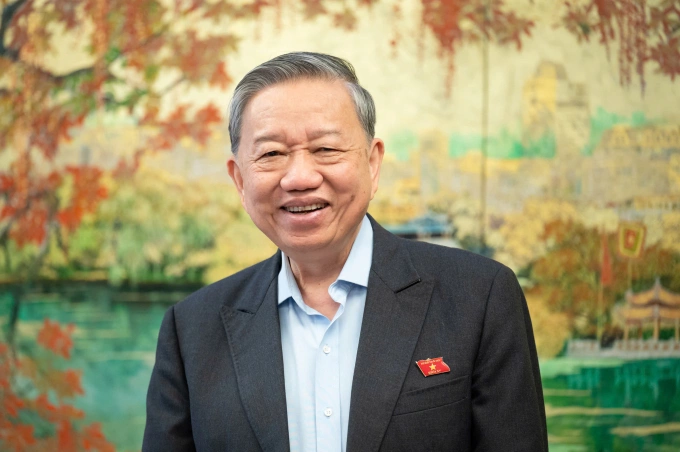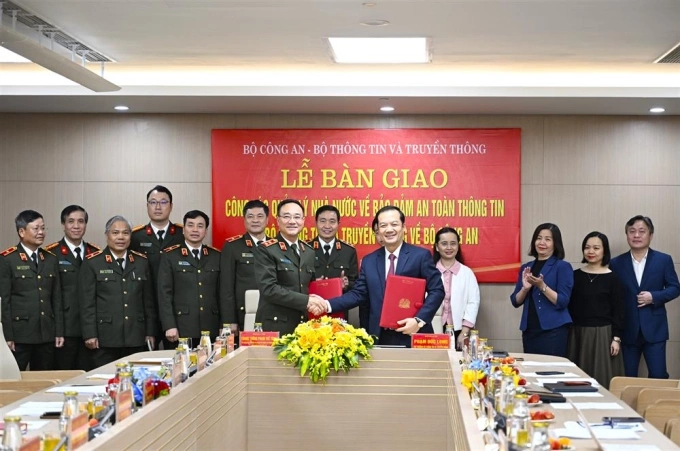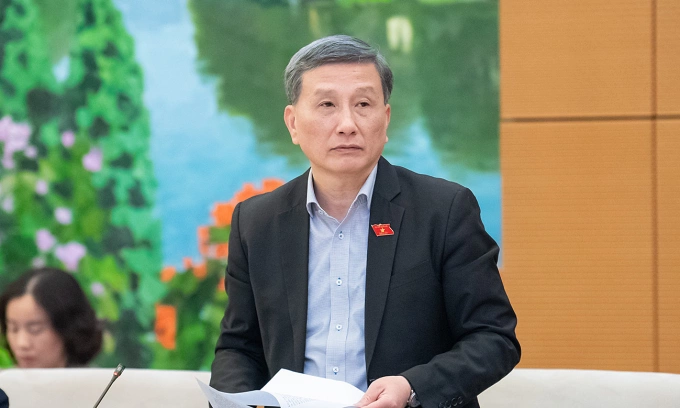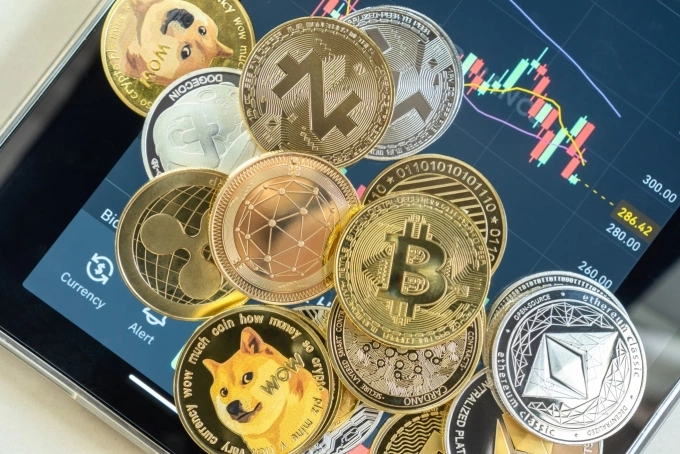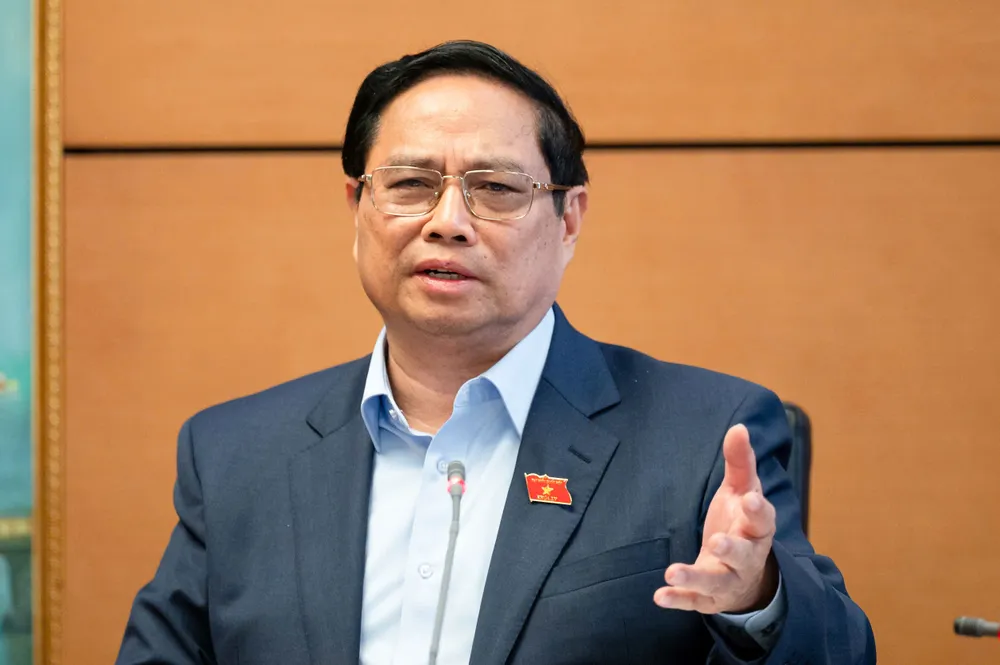At a recent working session with the Central Policy and Strategy Committee on economic growth targets, General Secretary To Lam mentioned the orientation of asset and cryptocurrency management in Vietnam.
Cryptocurrencies such as Bitcoin, Ethereum... are considered popular virtual assets. However, Vietnam does not have a specific definition of virtual currency and virtual assets. Current regulations only mention the concept of electronic money anchored to legal currency, existing in the form of prepaid bank cards and electronic wallets.
The General Secretary agreed with the proposal of the Central Policy and Strategy Committee on the need to soon manage this currency as a virtual asset. This is to avoid negative impacts on the economy and society, while mobilizing resources and values for the country.
According to him, the National Assembly and Government agencies need to soon institutionalize and specify the management of this field. In particular, the operator needs to study and apply a controlled testing mechanism (sandbox) to establish a trading floor for digital assets. He noted the policies so that Vietnam "does not lag behind, miss opportunities, create a gap or differentiate from new financial forms and modern trading methods".

General Secretary To Lam speaks at the National Assembly's group meeting on the morning of February 15. Photo: Pham Thang
In fact, the lack of a legal framework for digital assets has led many businesses to register in Singapore or the US and then operate in Vietnam, causing a loss of competitive advantage and tax revenue. From the user’s perspective, the lack of transparency leads to risks in transactions, according to experts.
At a conference with small and medium-sized enterprises on February 27, Prime Minister Pham Minh Chinh also assigned the Ministry of Finance and the Ministry of Science and Technology to develop policies and regulations on digital assets and a controlled testing mechanism (sand box). These agencies must complete this by the second quarter at the latest.
Experts say that the early issuance of regulations on identification and valuation methods for digital assets will help businesses access capital from commercial banks, thereby having money to invest.
According to data from the Vietnam Blockchain Association in August 2024, in the period of 2021-2022, Vietnam is in the top 3 in the world in terms of the percentage of people owning digital assets (equivalent to 21% of Vietnam's population owning), only after the UAE and the US. The flow of digital assets into Vietnam in 2023 will reach 120 billion USD, according to a report by market analysis organization Chainalysis.
When drafting the Resolution on the financial center model in Ho Chi Minh City and Da Nang, the Ministry of Planning and Investment proposed testing a sandbox, including a trading floor for assets and cryptocurrencies (digital assets, digital money), with a business model applying technology in the financial sector (fintech). It is expected that transactions using digital assets and digital money in the financial center will be implemented from July 1, 2026.
After merging with the Ministry of Planning and Investment, the Ministry of Finance will take the lead in developing regulations on the management of digital assets and digital currencies. Finance Minister Nguyen Van Thang said the regulations may include trading floors for buying and selling these types of assets. Accordingly, the Ministry is implementing and will submit them to the relevant authorities as soon as possible.

